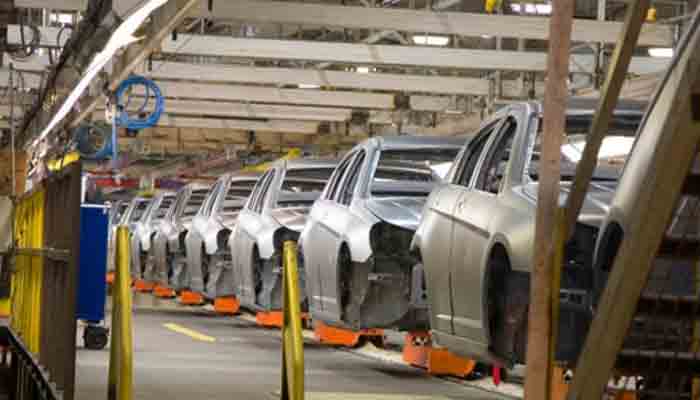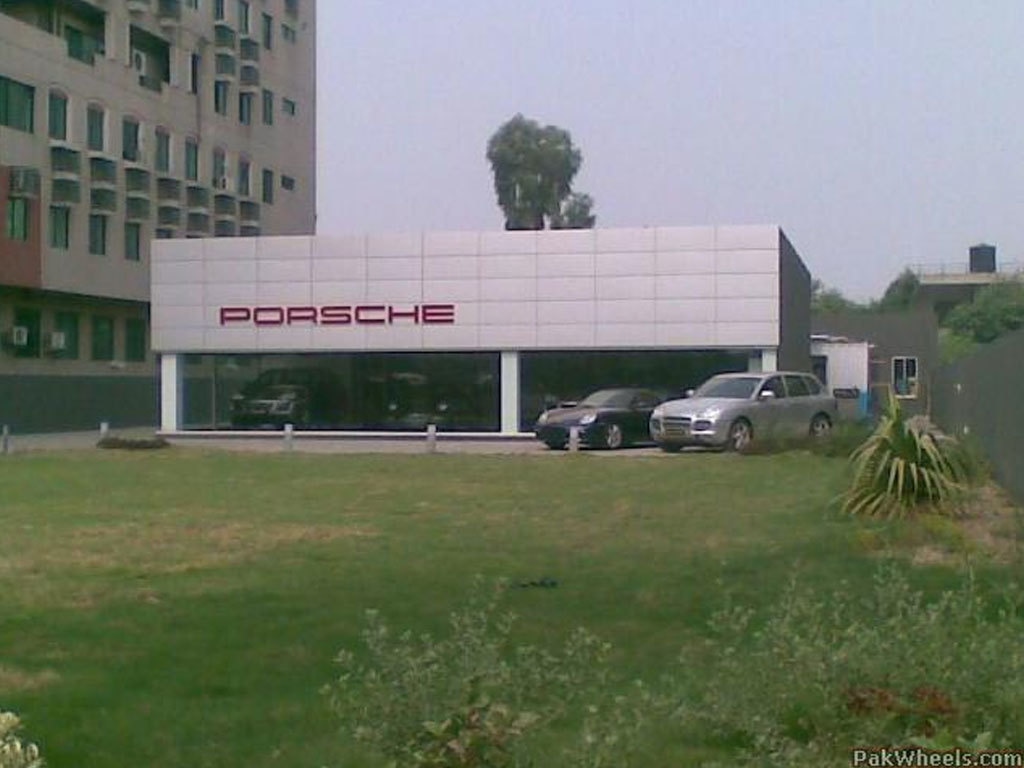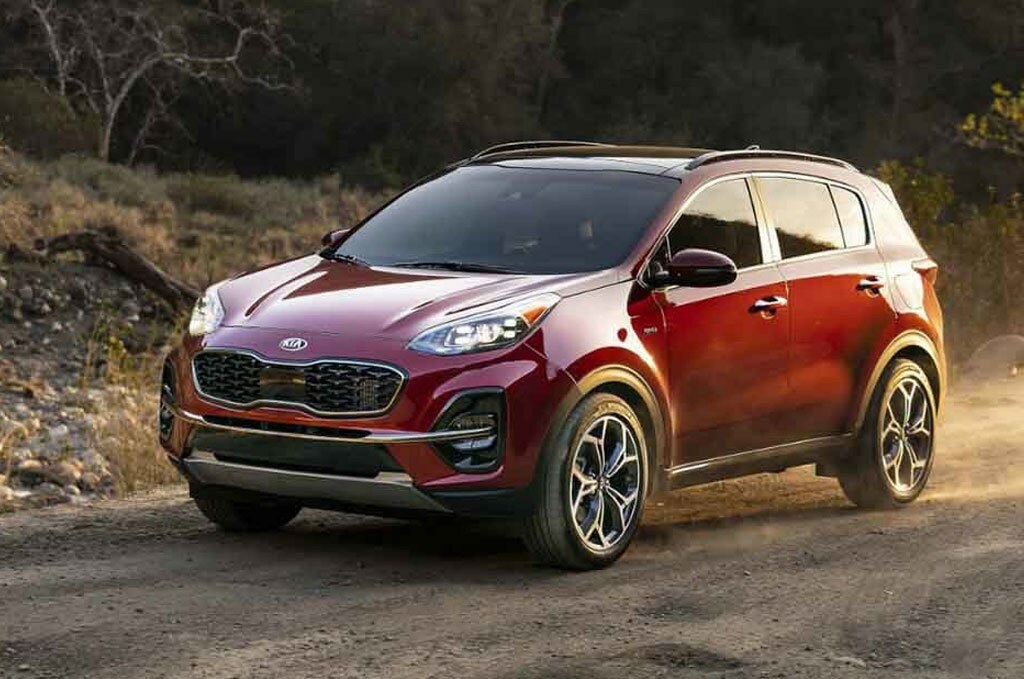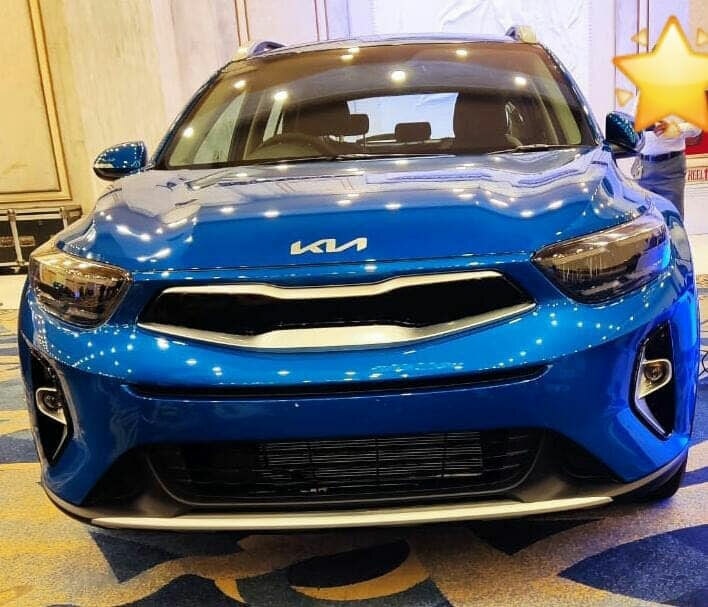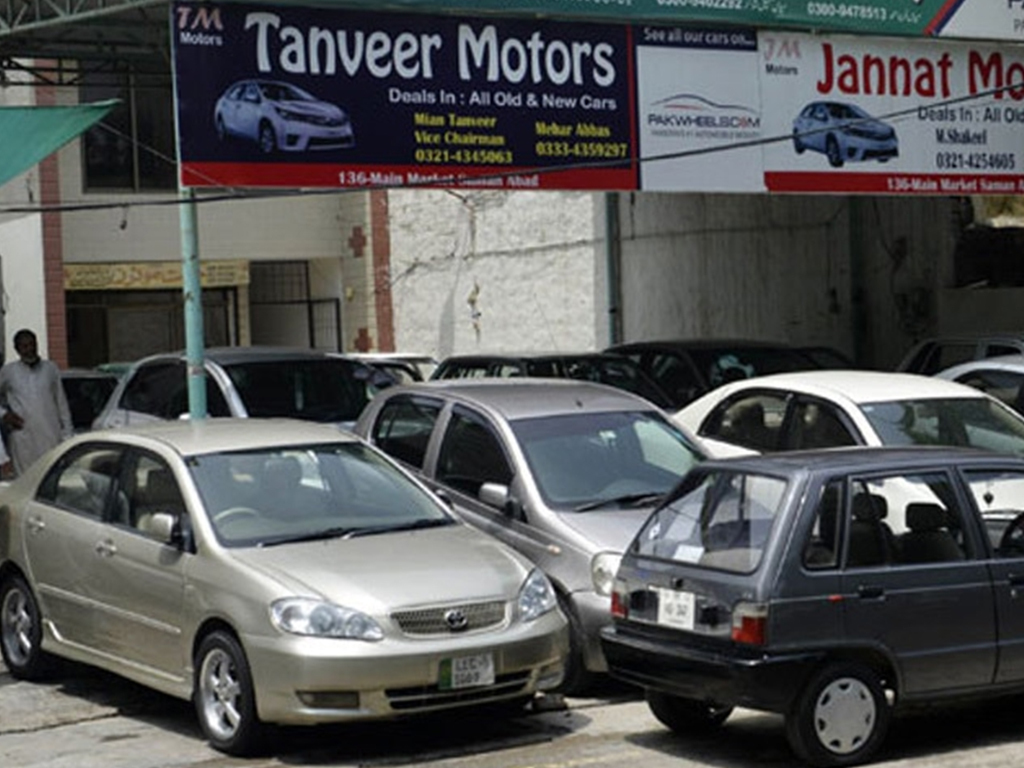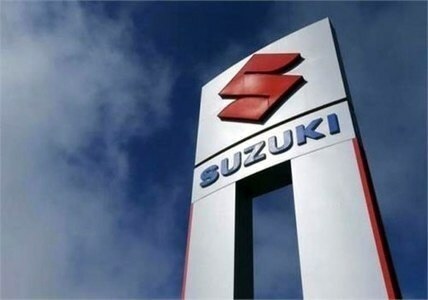ejaz007
SENIOR MEMBER

- Joined
- Jul 25, 2007
- Messages
- 6,533
- Reaction score
- 1
- Country
- Location
Passenger car sales plunge 38pc in Dec
Listen
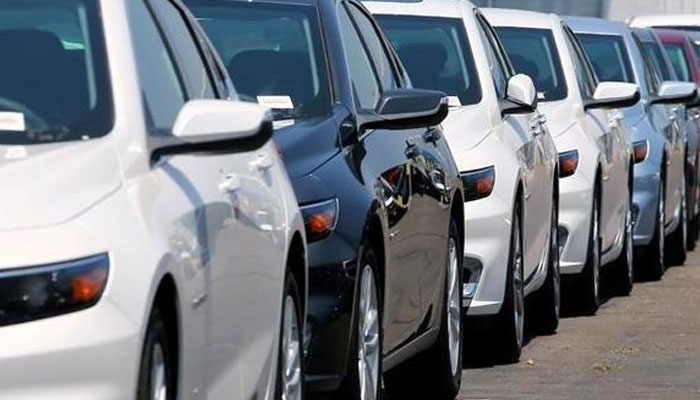
KARACHI: Passenger car sales plunged 38 percent in December for a 9th consecutive month with no sign of an immediate recovery as rising prices and high cost of auto loans pinch buyers, industry data showed on Monday.
Figures released by Pakistan Automotive Manufacturers Association (PAMA) for first half of FY20, showed that the passenger car sales dropped to only 9,987 units in the last month of the previous year from 16,141 units sold during the same period in 2018.
Passenger car sales in the cumulative period (July-Dec) or the first half sank 43 percent to 59,097 units, compared to 104,038 units sold in the corresponding period last year.
With the exception to Suzuki’s new Alto, almost all variants of four-wheelers and above vehicles, recorded a decline in sales. Analysts said increasing prices of cars hurt buyers, denting their purchasing power; besides, sales remained down in the last months of the year.
In December, sales of 1,300 CC and above category cars sank 50 percent to 3,246 units as compared to 6,523 units sold during the same month in the previous year. Sales of Toyota Corolla decreased 50 percent to 2,085 units against 4,179 units sold during December 2018, while that of Honda Civic and City slumped 55 percent to 884 from 1,989, compared to same period last year.
Suzuki Swift also suffered a decline of 28 percent to 277 cars only in the period under review. During this period, sales of 1,000 CC cars i.e., Suzuki Cultus and Suzuki WagonR, plunged 55 percent to 2,125 units against 4,722 units last year. Pak Suzuki Motors cut production of both the cars by 70 percent during the month to 1,191 cars against 3,947 units.
In the 800 CC category, despite strong sales of Suzuki Alto, sales slipped 5 percent to 4,616 units in December against 4,896. However, six-month sales increased 12 percent to 28,145 cars compared to 24,957 units sold during the same period last year.
An analyst said the discontinuation of Suzuki’s popular Mehran model not only impacted sales of cars under 800CC category, but also local auto-parts’ vendors, as that car used the maximum number of locally made parts. Sale of buses and trucks in December 2019 came down to 312 units from 470 units during the corresponding month of the last year.
Sales of jeeps reduced to 197 units from 531 units during the corresponding period last year. Toyota Fortuner sales fell 50 percent to only 76 units compared to 153 units in December 2018.
Moreover, even tractor sales decreased to 15,219 units in the first half of FY20 from 24,483 units during the corresponding period last year.
Sales of three wheelers (rickshaws) and motor bikes slightly dropped to 128,866 units in December 2019 from 128,959 units last year.
https://www.thenews.com.pk/print/598034-passenger-car-sales-plunge-38pc-in-dec
Listen

KARACHI: Passenger car sales plunged 38 percent in December for a 9th consecutive month with no sign of an immediate recovery as rising prices and high cost of auto loans pinch buyers, industry data showed on Monday.
Figures released by Pakistan Automotive Manufacturers Association (PAMA) for first half of FY20, showed that the passenger car sales dropped to only 9,987 units in the last month of the previous year from 16,141 units sold during the same period in 2018.
Passenger car sales in the cumulative period (July-Dec) or the first half sank 43 percent to 59,097 units, compared to 104,038 units sold in the corresponding period last year.
With the exception to Suzuki’s new Alto, almost all variants of four-wheelers and above vehicles, recorded a decline in sales. Analysts said increasing prices of cars hurt buyers, denting their purchasing power; besides, sales remained down in the last months of the year.
In December, sales of 1,300 CC and above category cars sank 50 percent to 3,246 units as compared to 6,523 units sold during the same month in the previous year. Sales of Toyota Corolla decreased 50 percent to 2,085 units against 4,179 units sold during December 2018, while that of Honda Civic and City slumped 55 percent to 884 from 1,989, compared to same period last year.
Suzuki Swift also suffered a decline of 28 percent to 277 cars only in the period under review. During this period, sales of 1,000 CC cars i.e., Suzuki Cultus and Suzuki WagonR, plunged 55 percent to 2,125 units against 4,722 units last year. Pak Suzuki Motors cut production of both the cars by 70 percent during the month to 1,191 cars against 3,947 units.
In the 800 CC category, despite strong sales of Suzuki Alto, sales slipped 5 percent to 4,616 units in December against 4,896. However, six-month sales increased 12 percent to 28,145 cars compared to 24,957 units sold during the same period last year.
An analyst said the discontinuation of Suzuki’s popular Mehran model not only impacted sales of cars under 800CC category, but also local auto-parts’ vendors, as that car used the maximum number of locally made parts. Sale of buses and trucks in December 2019 came down to 312 units from 470 units during the corresponding month of the last year.
Sales of jeeps reduced to 197 units from 531 units during the corresponding period last year. Toyota Fortuner sales fell 50 percent to only 76 units compared to 153 units in December 2018.
Moreover, even tractor sales decreased to 15,219 units in the first half of FY20 from 24,483 units during the corresponding period last year.
Sales of three wheelers (rickshaws) and motor bikes slightly dropped to 128,866 units in December 2019 from 128,959 units last year.
https://www.thenews.com.pk/print/598034-passenger-car-sales-plunge-38pc-in-dec




